Meet our alumni: an interview with Jonathan Hicks
The next step 1st October 2020
Jonathan Hicks studied the MEarthSci in Earth and Planetary Science at the University of Manchester, and he graduated recently in 2019. He now works as an Associate Geospatial Data Analyst within the Solutions Team at Rezatec, an AI-driven satellite analytics company. In this interview, Jonathan tells us how a Space Placement in Industry (SPIN) combined with techniques acquired through his studies in Planetary Science, such as Geographic Information Systems (GIS), helped him to secure his current job.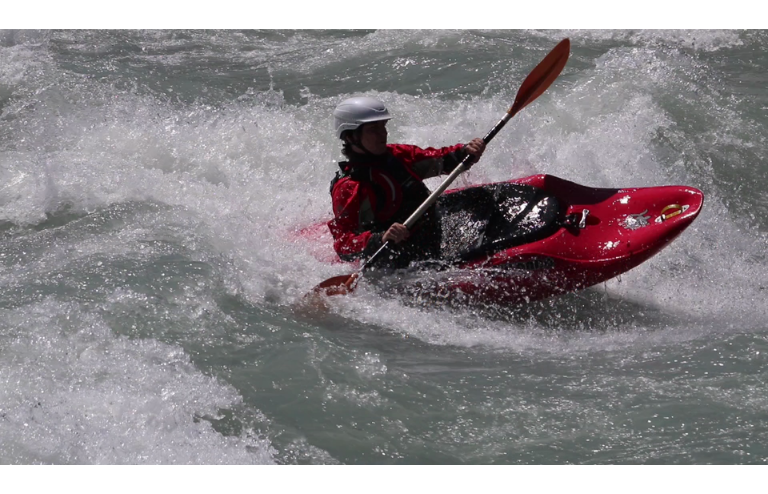
What A levels did you study?
I studied Geography, Physics, Mathematics and Further Mathematics at Post-16, dropping the latter for A2.
Which degree programme did you study at Manchester, and at what level?
I initially joined the 3 year BSc Geology with Planetary Science programme as the safer choice while applying to university, before deciding I wanted to switch to the 4 year integrated MEarthSci in my first year and making the switch in my second.
What is your current job title and what does your job involve?
I am currently an Associate Geospatial Data Analyst, within the Solutions Team at Rezatec, an AI-driven satellite analytics company based out of Harwell Campus in Oxfordshire. We help manage the technical queries from both clients and our internet sales and marketing teams, while acting as the mediators between the sales and development teams. Our team builds and presents products, and I specifically also work in the areas of forestry and dam monitoring and analysis, as well as sourcing and processing satellite data for our various projects.
What is the impact of your work?
Our globe spanning work helps the forestry and agricultural industry better sustainably manage their inventories, including fighting pests and disease. Our clients use our products to monitor water quality and pipe systems for potential areas of failure, and our infrastructure products help us keep tabs on our most vital structures such as reservoir dams, at times near large residential areas.
Did your studies in planetary science at UoM prepare you for this career path? Is it directly related to your degree at Manchester and specialised?
My Planetary Science course gave me a great amount of insight into satellites and Geographic Information Systems (GIS), the primary areas of work within the satellite sector of the global Space Industry. The geology focus has helped me add context and perspective to a lot of what I look at day to day and make better informed decisions with the critical thinking skills I developed at UoM. My interactions with clients and sales has similarly been driven by what I learned during tutorials and later units in my Masters year, such as public and media science communication.
Even up to my final year, I was unsure about what I wanted to do after I graduated. But with the help of the planetary science staff I managed to secure an internship in my final year, in this same industry. I found it to be exactly what I wanted in terms of using my degree background and content, and while it is true that you will learn a great deal on the job, my studies have been instrumental in helping me to reach my current position (that, and maybe laughing and smiling in the interview).
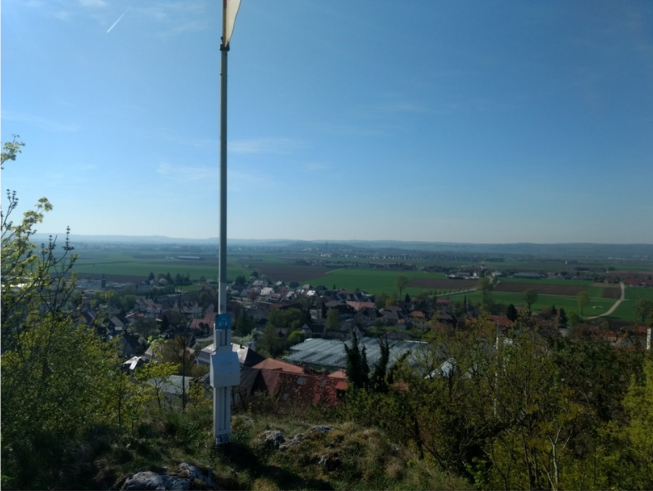
Did you participate in any additional activities at UoM that may have helped you secure your job and gain more holistic life skills?
Outside of my course at UoM, I joined the kayaking society (MUCC) in my first year and eventually progressed to being on the club committee, in charge of all coaching and training by my final year. There I not only learnt valuable lessons about which is the best chocolate for cold people on rivers, but also communication and organisational skills that complemented responsibilities across tutorials and studying. My connections through MUCC and other volunteering work such as mentoring and being an ambassador helped me both through my academic life and the general stresses of being a student – stresses which will remain or change beyond graduation. But now, I have many of the skills and friends I made through these opportunities to help me in my day to day life (in lockdown especially) and managing any number of aspects of my work.
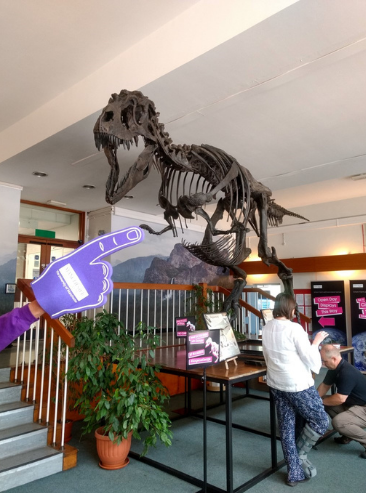
How did you go about job hunting? At what point did you start doing this?
I was still unsure about what I wanted to do until as late as my final year, and I struggled with applications in general. I found some opportunities during summers through events organised by the Department and its student society (GEMS), which helped, but I found that it was my Space Placement in Industry (SPIN) internship that best helped me focus on an area I knew I wanted to go into. The application window for these opportunities and others is usually around October to March and the SPIN programme in particular is open to all years. I’d particularly recommend applying early in 2nd and 3rd year.
Actual experience in a working environment is absolutely the best way of finding out how much you will enjoy that kind of employment or field, as well as opening the way for further opportunities through the contacts you will make. My summer internship was a key part of my CV as I was applying for full-time roles in the autumn after graduating, and enthusiastically emphasising these experiences to make you stand out is key in any application process.
I spent most of my autumn applying for roles across my sector of choice, as well as others I was interested in. From dozens of applications, I had a handful of interviews, in person, by video call or recorded video, some of which I thought went well, while others I couldn’t tell or knew I had done badly. I heard back from most applications, some sooner than others, while some I just didn’t. Bouncing off an interviewer is key, coming across as someone who they can work with is essential after suiting the position’s primary requirements.
I used teaching canoeing to keep me active and sane while sending applications at home, and I found that applying after graduating allowed me to focus in some ways better than at university. But while I still had access to the terrific support from my old Department, the trade off was that I couldn’t get as much of the in-person support as I could whilst still in Manchester.
The take-away is that job hunting is different for different people at different stages, but the support offered by the university is always something you should try to use at any stage. There are better times than others to start thinking about jobs and applications, but there is rarely a single “right” way to go about it.
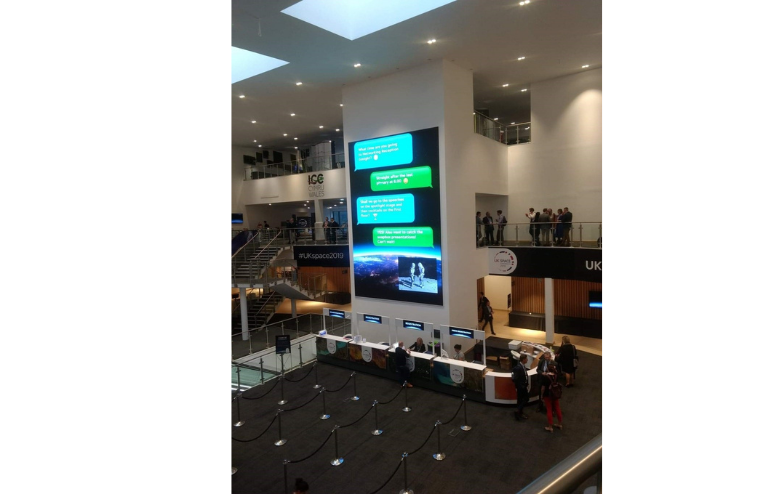
How have you found working life compared to student life? How have you had to adapt?
My student life varied wildly between years, and in some respects the change from my final year to now hasn’t been the biggest. My living situation these last two years has been comfortable, certainly cleaner than I admit previous years may have been, and I am still around a good number of nice pubs! Lockdown has muddled things this year, but I have a local river to go kayaking and I still have my friends to keep me sane over the internet, as well as new connections I have made in and around my work.
The biggest changes, putting aside Covid, have been the structure a 9-5 role gives you, having income to play with nicer ingredients for paella and such, and most of all the increased focus my job gives. Whereas during my time as a student, my work would be split over different topics in units, coursework, lectures and dissertation projects, now my work is narrowed to the fields I work in. I may need to spend extra time in the office, but my evenings and weekends are free, giving me more time to try new things without feeling I could be using every waking moment for tomorrow’s exam.
My holidays are now only when I want to take them, and I have to plan them to have them, which I think is probably the best representation of the ups and downs of this new independence from full time education. I am very lucky to have stability from my job, and it’s now entirely a matter of what I want to do, and even now that is still a bit daunting. One of the biggest challenges will always be dealing with uncertainties, and after graduating this may seem to only get worse. In my experience, I have found that a good coping mechanism is making clear what you have in terms of a solid base of things that won’t change. Then, try new things from there, listing things you are looking forward to, be they big or small, and remembering that you will always have that solid base of certainty to come back to. This may help your confidence to go out and try new things by lessening the worry of risking something by going out of your way to do it.
Just remember to keep the windows open and fan on while cooking.
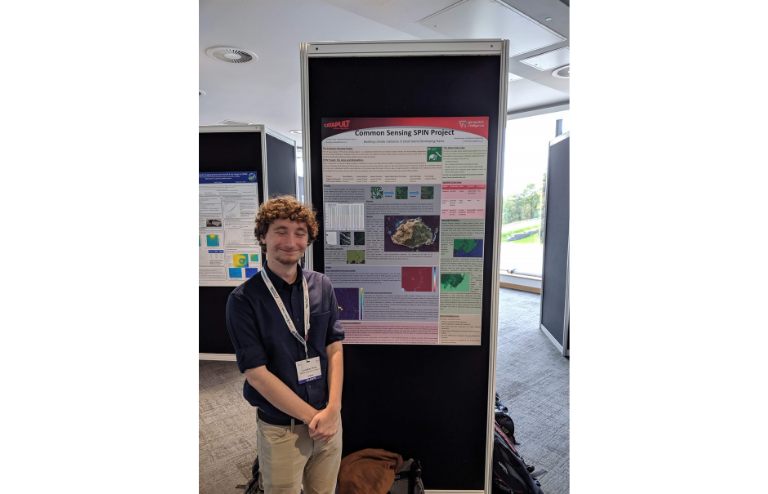
You can view Jonathan’s Linkedin profile here.
dam monitoringforestryGISindustrial experienceplanetary sciencesatellite dataspace placementstudent ambassador

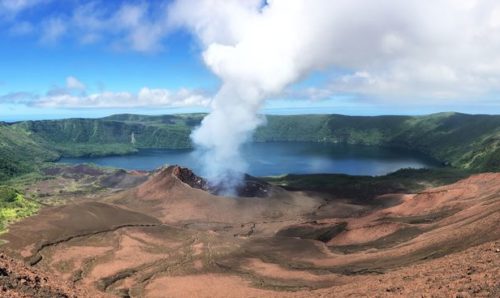
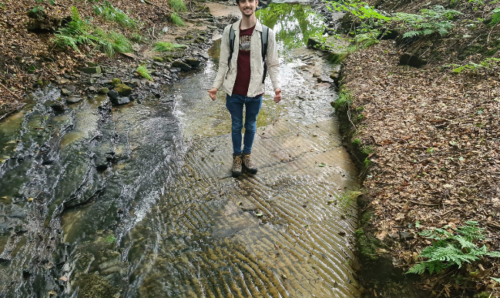
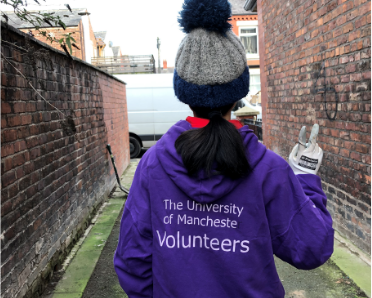
Leave a Reply